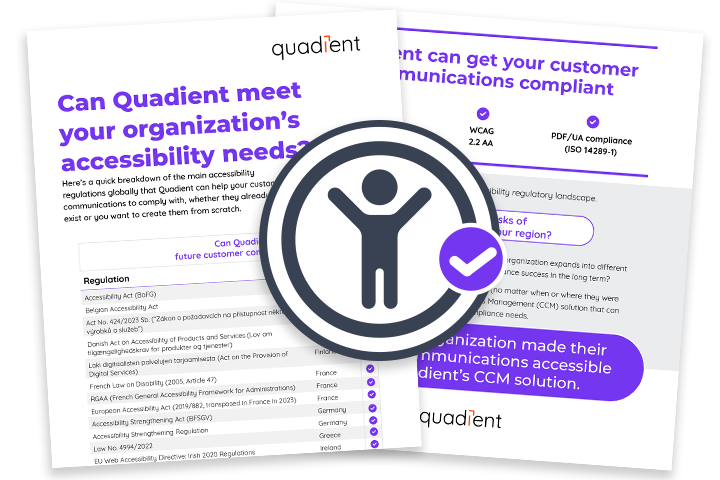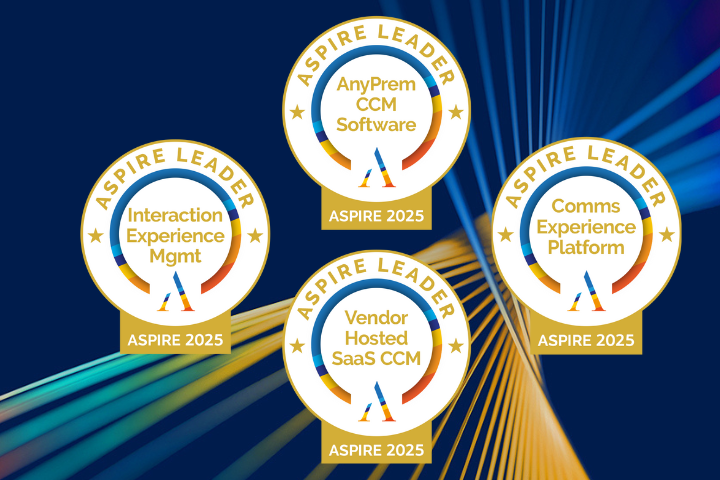
Imagine a time when Egypt’s great pyramids were more than half a millennium in the future. When the towering obelisks of Stonehenge were still so much un-quarried rock. When early farmers were finally beginning to master the ox-drawn plow. Such an era — some 3,000 years before the start of the Roman Empire — feels almost impossibly distant from our own. But were the people who lived back then really so different to ourselves?
The Kushim Tablets
The so-called Kushim Tablets are remarkable for any number of reasons. The first is their sheer antiquity — dating from between 3,400 – 3,000 BC, these little clay tablets are among the earliest written documents found anywhere on Earth. Second, and no less remarkable, is the fact that many of them seem to reference the same individual — the eponymous ‘Kushim’ — although whether the name refers to a person, a title, or an institution remains unclear. Finally, and from our perspective most remarkably of all, the Kushim Tablets appear to be invoices.
As far as historians can determine, Kushim was an administrator who lived in the Sumerian city of Uruk more than 5,000 years ago. They worked at a storehouse, had a supervisor named Nisa, and recorded grain shipments on the same clay tablets that have lasted to this day. To all intents and purposes, Kushim was an accountant. Here’s what was written on one of the oldest surviving documents humankind possesses:
“29,086 measures barley. 37 months.
- Kushim.”
Kushim might have been called a bookkeeper, if only books had been invented some 2,500 years sooner…
The importance of accounts payable
The Kushim Tablets tell us a lot about life in ancient Sumer at the time they were written. These tablets date back to the very earliest days of written language. Very few individuals possessed the skills to write at all, and the act of doing so — carving a detailed pictographic message into a piece of soft clay — was laborious, time-consuming, and comparatively expensive. What this tells us is that Kushim’s job (whoever they were) was considered incredibly important. It’s not hyperbole to suggest that, right here at the start of human civilization, we find the accounts payable function.
From the moment we were able to write, it seems, we began to write invoices — keeping a record of what was bought and sold, of services rendered, of how much was paid, how much was owed, and by whom. Such details are immensely important to civilizations where complex systems of trade and commerce have evolved. They were important 5,000 years ago and they remain important today.
The more things change, the more they stay the same
Over the millennia, our clay tablets became more sophisticated. We invented papyrus, and eventually, paper. We created ink and the printing press. And yet, accounts payable processes remained essentially the same. To this day, many finance teams continue to rely on manual, ink-and-paper processes. In fact, an incredible 86% of accounting teams still input their invoice data manually.
In 2023, Kushim could walk into most finance departments and feel right at home.
One last incredible insight from the Kushim Tablets: some have argued they include the first recorded example of an accounting mistake. Then as now, manual AP processes were fiddly, complicated, and prone to human error.
Surely, the time has come to do things differently?
The solution your team has waited 5,000 years for
The accounts payable function is just as important today as it was in Kushim’s time — but that doesn’t mean the way we perform that function should remain unchanged, too. Accounts Payable automation can free your accounting team from frustrating, time-consuming manual processes that have dogged accountants for more than five millennia. Investing in an AP automation solution like Quadient Accounts Payable Automation by Beanworks can help you eliminate 83% of manual data entry at a stroke. You can automatically capture header and line item data at an incredible 99% accuracy, and slash the cost of invoice processing from $15 per invoice to just $2 per invoice on average.
We think Kushim would approve.









